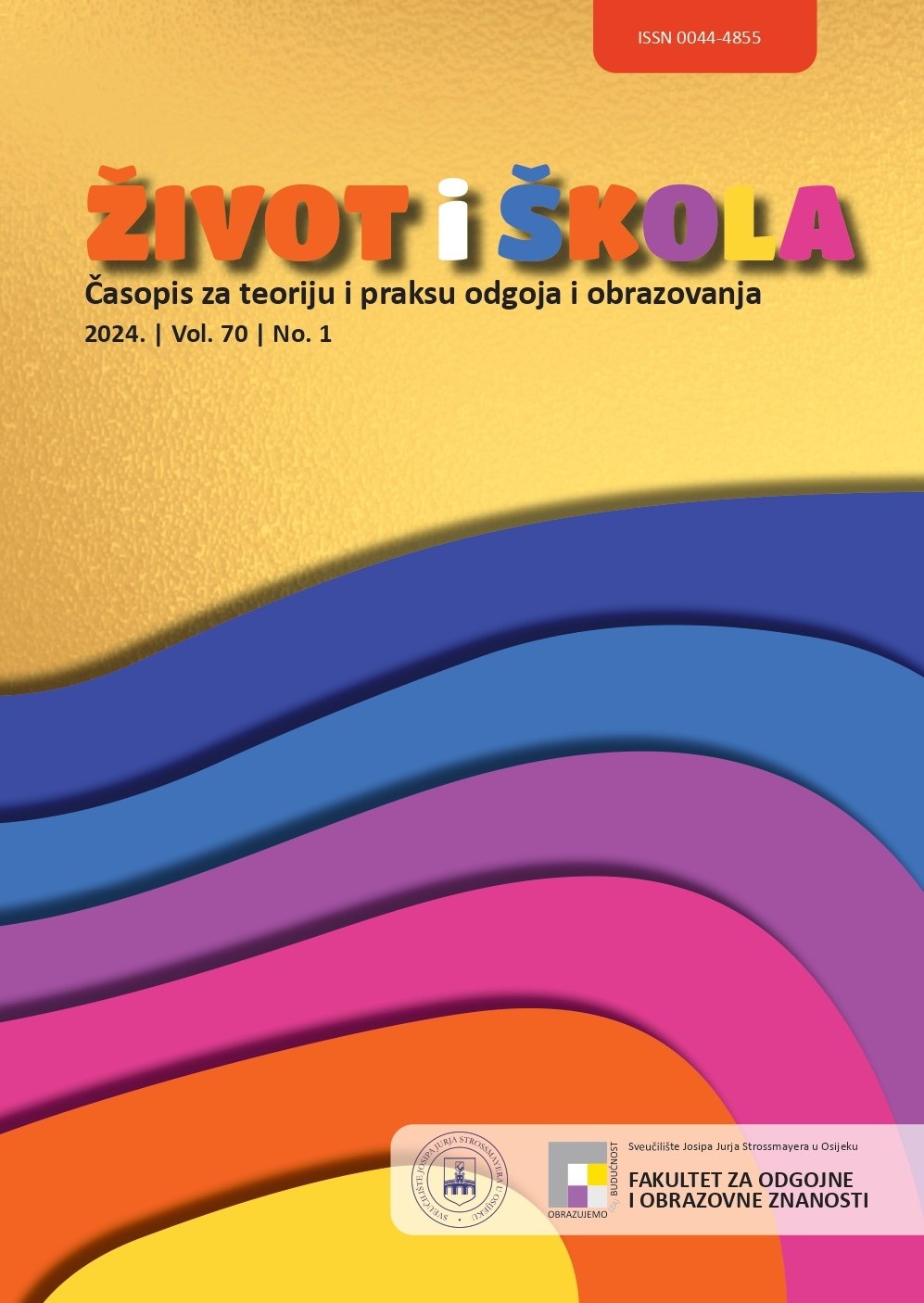DIFFERENCES IN LANGUAGE DEVELOPMENT OF PRESCHOOL CHILDREN
DOI:
https://doi.org/10.32903/zs.70.1.3Keywords:
language development, preschool education, curriculum, giftednessAbstract
This research examines the range of inter-individual differences in the language development of preschool children by using an inventory of above-grade-level educational outcomes as indicators of language development in the subject areas of communication, literature, creativity, and culture and media. The inventory consisted of 27 educational outcomes and 149 specific behavioural elaborations from the curriculum of the subject Croatian Language for Elementary and Secondary Schools (2019), focusing on 1st and 2nd grade. The educational outcomes (A.1.1 to C.2.3) were used to assess the children’s language development and acquired language competencies. Two preschool teachers evaluated a group of children aged 5 to 7 (N = 30) for each indicator and outcome set. Data analyses included reliability assessments, frequency analysis of individual language indicators, and average differences based on gender and curricular subject areas. The results describe the language knowledge, skills, and attitudes that preschool children bring into primary education, offering critical insights for fostering further language development and planning individualized teaching to support developmentally appropriate language competencies.


